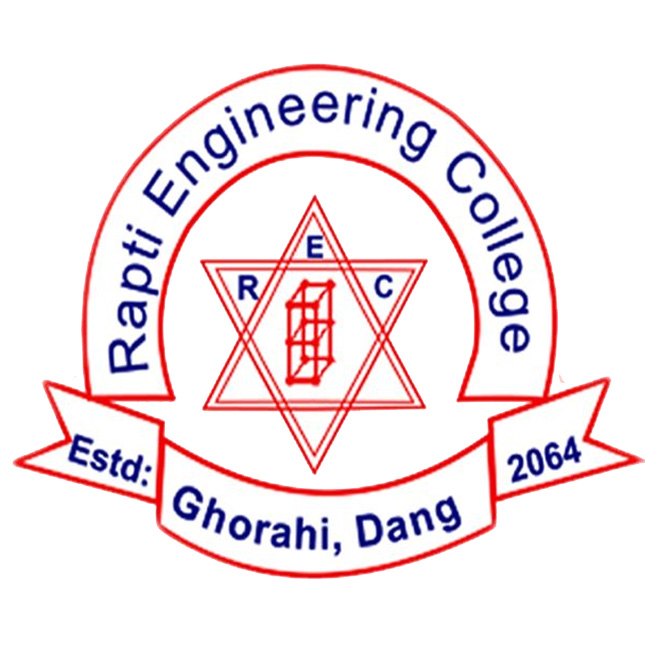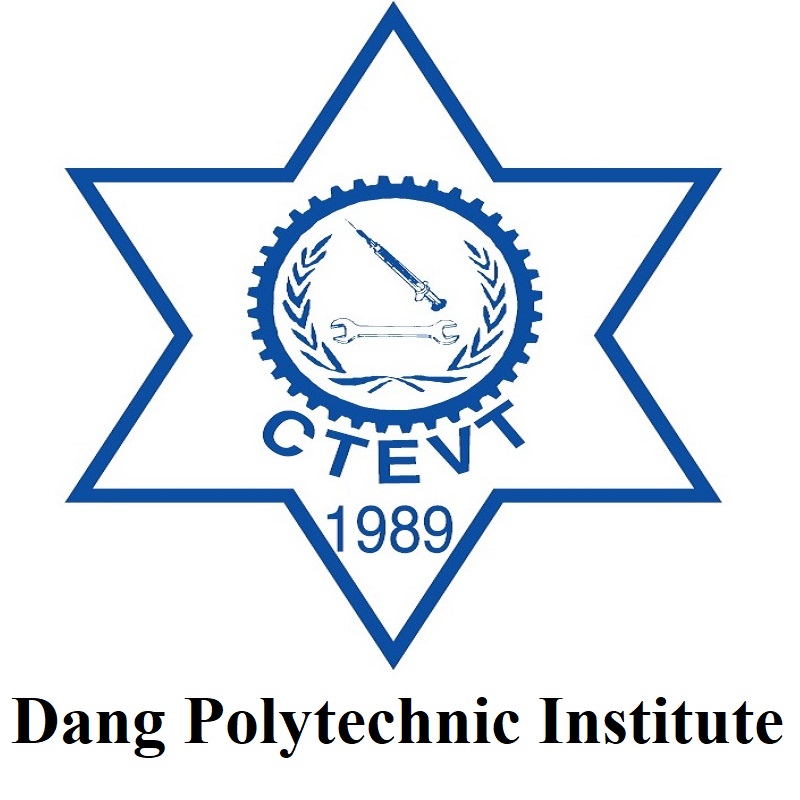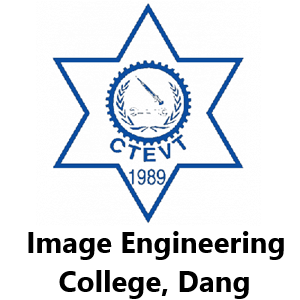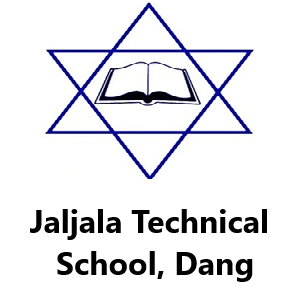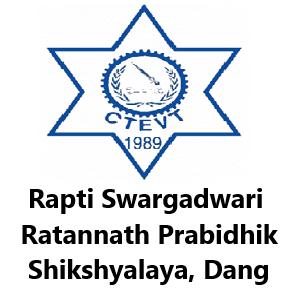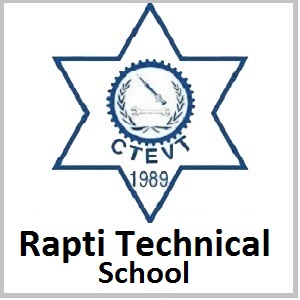Overview
Pre-Diploma in Civil Engineering – Western Nepal College of Engineering and Management, Dang
Western Nepal College of Engineering and Management (WNCEM), located in Tulsipur, Dang, has offered technical education since 2014 AD (2071 BS). The college is affiliated with CTEVT and runs practical courses to produce skilled mid-level technicians.
One of its core programs is the Pre-Diploma in Civil Engineering. This 18-month course is open to students who have completed their Secondary Education Examination (SEE) and passed the entrance exam conducted by CTEVT. It’s designed to help learners understand how structures are built, measured, and maintained in real settings.
Curriculum Details
The course structure includes both theory and applied learning. Students attend classroom lessons, lab sessions, and fieldwork activities throughout the program. Key areas of study include:
-
Site surveying and layout
-
Engineering drawing and blueprint reading
-
Basic building construction
-
Cost estimation and materials handling
-
Water supply and sanitation systems
-
Soil testing and safety awareness
-
Basic science and mathematics
-
Communication and reporting
Practical assignments and site visits are a regular course, helping learners connect classroom concepts with real construction environments.
Objectives
This course focuses on helping students:
-
Build a solid base in civil engineering concepts
-
Learn how to apply skills in real-life construction tasks
-
Get familiar with the tools, methods, and safety rules used in the field
-
Prepare for further studies or entry-level roles in engineering projects
Scope
The course provides a valuable foundation for students interested in working on local infrastructure projects or continuing in diploma-level education. After completing the program, students are equipped to support:
-
Road and building construction
-
Surveying and land measurement
-
Irrigation or drainage system development
-
Local government and municipal work
The program opens doors for learners who want to stay active in technical jobs within their communities.
Learning Outcomes
By the end of the course, students will be able to:
-
Prepare and interpret technical drawings
-
Carry out basic site surveying
-
Estimate quantities and assist with budgeting
-
Monitor simple construction tasks under supervision
-
Work as support staff in construction or engineering teams
These skills are grounded in hands-on experience rather than theory alone.
Skill Development Modules
Students practice using tools and instruments found at real sites. Some skill-based components include:
-
Handling leveling equipment
-
Marking site boundaries
-
Assisting in material calculation
-
Following health and safety procedures
-
Maintaining work records and logs
This training makes the program more interactive and helps students build job-ready confidence.
Teaching Methodology
Teaching is focused on assisting students to learn by doing. The college uses:
-
Simple, clear instructions in theory classes
-
Demonstrations and model-based learning
-
Regular practical sessions in labs and outdoors
-
Group activities and project work
-
Feedback and review during assignments
The environment supports students from different learning backgrounds and levels.
Admission Requirements
To apply for this course, students must:
-
Pass the SEE exam
-
Qualify in the CTEVT entrance test
There are 40 seats available each year. Selection is based on performance in the entrance exam and CTEVT rules.
Career Opportunities
Graduates can find work in:
-
Construction companies
-
Road or bridge building projects
-
Engineering support roles in offices or field units
-
NGOs involved in local development
-
Government-run infrastructure programs
Some students pursue complete diploma courses in engineering after this foundation.
Scholarships and Financial Aid
WNCEM offers four full scholarships per intake through the CTEVT quota system. The scholarships are based on entrance exam results and help students from financially limited backgrounds continue their education.
Why Choose This Course?
This program gives SEE graduates a chance to enter the field of civil engineering through hands-on experience and technical training. It suits learners who prefer practical work, want to support development projects, or plan to grow in the technical field.
Conclusion
The Pre-Diploma in Civil Engineering at WNCEM, Tulsipur, helps students learn practical skills for the construction industry. With experienced teachers, field-based learning, and an accessible entry process, it is a strong first step for anyone looking to start a career in engineering or advance in technical education.



